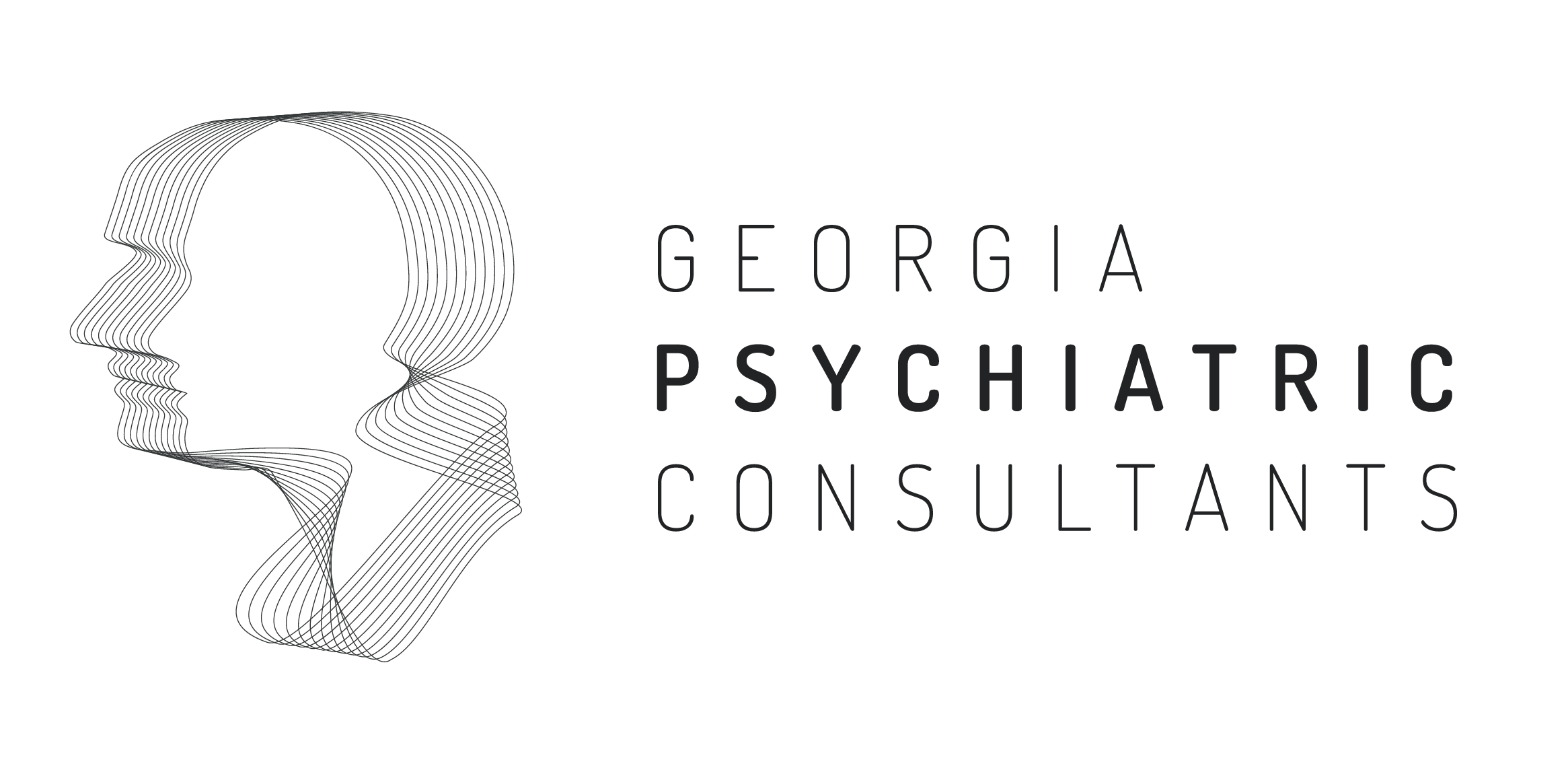Helping a loved one with substance abuse can leave many people confused, lost, and feeling like there is nowhere to turn. No one imagines they will become an addict when they begin using prescription or illegal drugs, but if left untreated, abuse can become dependence. The repeated use of drugs changes a user’s brain and until they are able to stop using, their actions and substance abuse will continue to repeat. Whether you are the parent, child, family member, or friend of someone struggling with a substance abuse problem, know that there are many resources available to you and your loved one.
You can take the first step and reach out to a trusted addiction specialist. This specialist will listen to your situation, provide information, and advise you on the next suggested steps. Just like no two people are the same, neither are their addictions. A specialist can recommend whether an intervention, doctor’s assessment, or immediate treatment is the best course of action. By doing some research on the next steps for your loved one, you can provide them with information that they may be too scared or not know how to access themselves.
A few Do’s and Don’ts to keep in mind:
Do:
- Talk to your loved one. You may not get positive feedback, but expressing your love and concern is vital.
- Continue to tell them that you love them. Point out that they can be helped and that they are worthy of receiving help.
- Do point out that anyone can be addicted to drugs. Addiction is a disease. It does not make them a “bad”
- Do address their privacy concerns by explaining how privacy laws are in place to protect those seeking or undergoing treatment.
Don’t:
- Don’t engage with your loved one if they are currently under the influence.
- Don’t make your loved one feel guilty. It takes courage to seek treatment and they shouldn’t feel guilty for not being able to quit on their own.
- Don’t try to “figure out” or analyze why your loved one abuses drugs. This is something that is best left to qualified professionals and your loved one to work on together.
- Don’t let your love and concern become enabling to their addiction. Rescuing your loved one from consequences is not in their best interest, without dealing with the consequences of their actions they will continue the same behaviors.
If your loved one is ready to consider treatment, be prepared to provide them with some information on the different types available. Treatment approaches are tailored to each person’s situation. While there are multiple types of treatment centers, each will address and analyze the medical, psychiatric, and social problems unique to each patient. Your loved one will learn coping skills to overcome their dependence as well as receive care to improve their physical and emotional health. These centers also generally provide support groups for friends and family where you can learn how best to provide support.
If you suspect that a friend or family member is struggling with substance abuse, call a specialist today to help your loved one to break their cycle of abuse and find their path to a better life. We are also here to assist at Georgia Psychiatric Consultants! Give us a call.
Call Georgia Psychiatric Consultants today if you are looking for a psychiatrist in Decatur or a psychiatrist in Atlanta to help you or a loved one with substance abuse.


